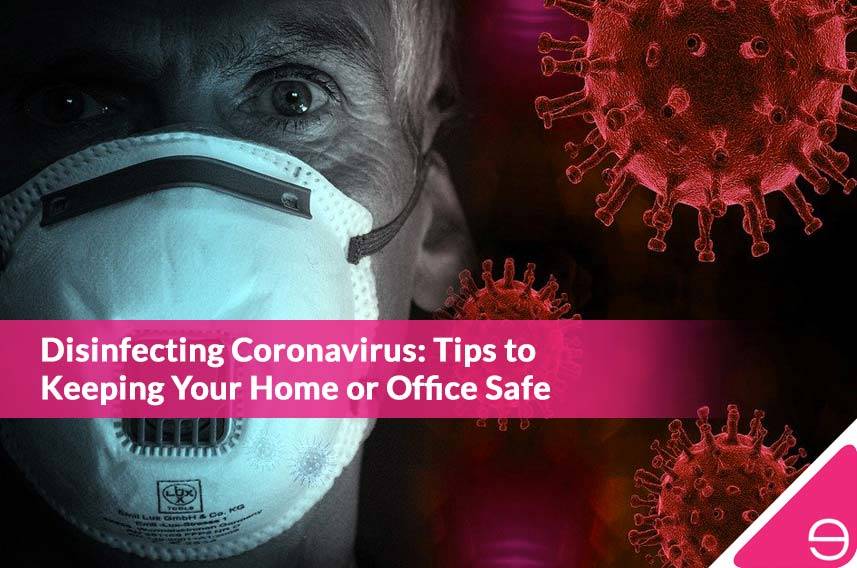The COVID-19 pandemic has pushed the whole world into an almost surreal atmosphere, with people worrying about their safety, social distancing and disinfecting coronavirus suddenly becoming the norm.
The importance for good hygiene was probably never emphasised as much as these past few months.
This led to many people panic buying and stockpiling soaps, sanitisers, disinfectants and all sorts of cleaning products.
The truth is that while it is critical to wash our hands often and properly, it is also important to remember that the places where we spend most of the time; namely our homes, offices and places of work, are also in need of proper cleaning.
For this reason we shall be outlining ways and means on how to clean and disinfect your home or place of work, as well as helpful tips to fight the spread of coronavirus.
Table of Contents
Wash Your Hands
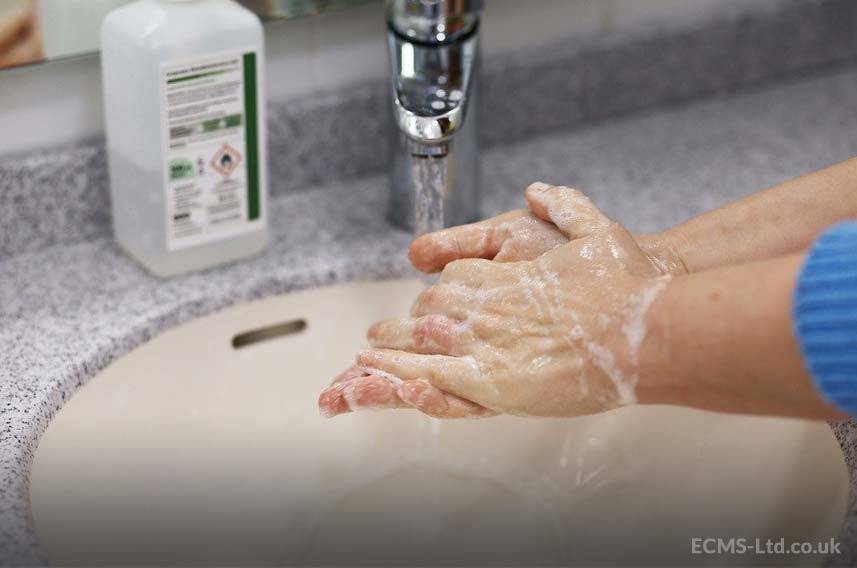
Washing your hands often and properly is, as already stated, the top recommendation at this time.
It is important to follow a procedure whereby you wet your hands under running water, and apply soap.
Then start scrubbing your hands, including between the fingers, the back of your hands as well as under the nails.
Keep scrubbing for at least 20 seconds and then rinse well.
It is also recommended to make use of hand sanitisers that contain at least 60% alcohol content.
Work From Home
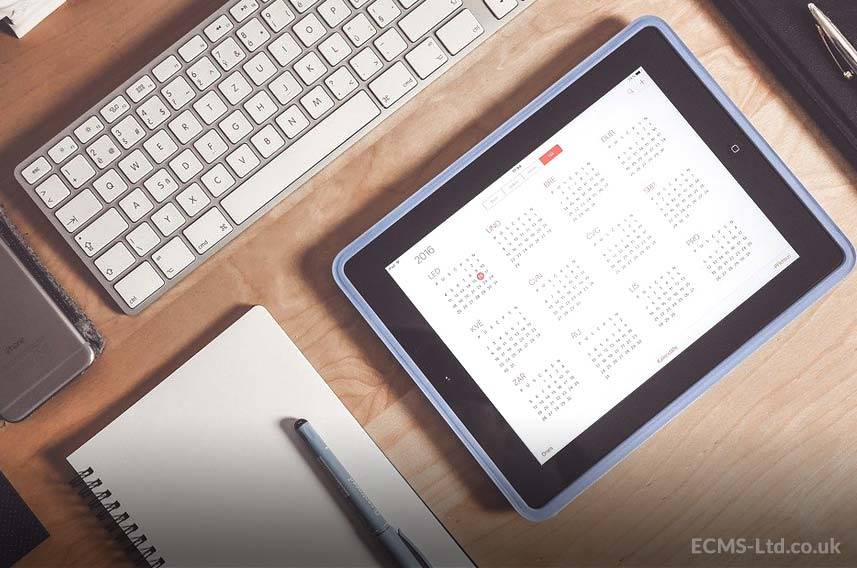
Governments are requesting that people stay indoors at home as much as possible, especially during lockdown periods.
To do this, employers are being encouraged to have their employees work from home.
This may prove to be extremely challenging in certain types of employment, but in the majority of cases, employees are finding ways and means through which they can carry out their work duties from home.
Clean & Disinfect
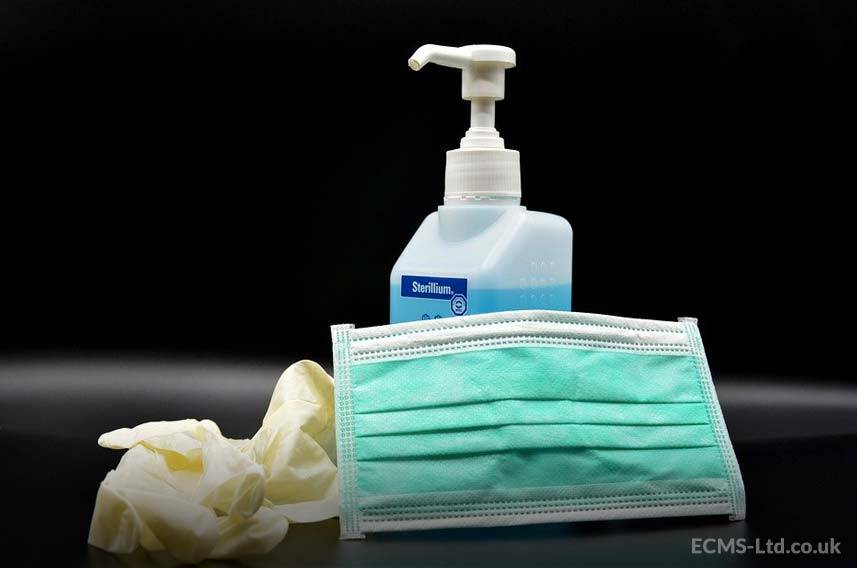
Cleaning and disinfecting your home is being recommended, even if nobody was or is feeling sick.
When you clean your home you will be removing contaminants from the various surface areas that are often touched.
To go a step further, disinfection is important as you would also be killing pathogens.
Make sure to use proper cleaning and disinfection supplies such as bleach.
Commercial Cleaning Products
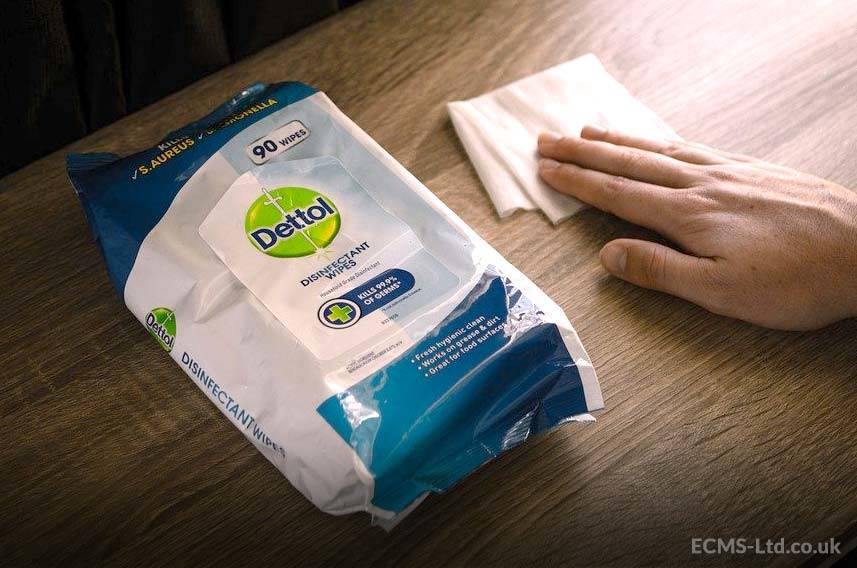
The demand for cleaning products increased exponentially since the coronavirus pandemic started.
Commercial cleaning products quickly flew off supermarket shelves, with some buyers not even bothering to check their compositions and whether they are indeed ideal for disinfection purposes.
It is important to opt for cleaning products that have a high percentage of alcohol content; at least 60%.
When using such commercial cleaning products, it is also important to read the instructions on how to apply them carefully.
In most cases for proper disinfection to take place, the product should be allowed to act for at least five minutes.
Homemade Disinfectants
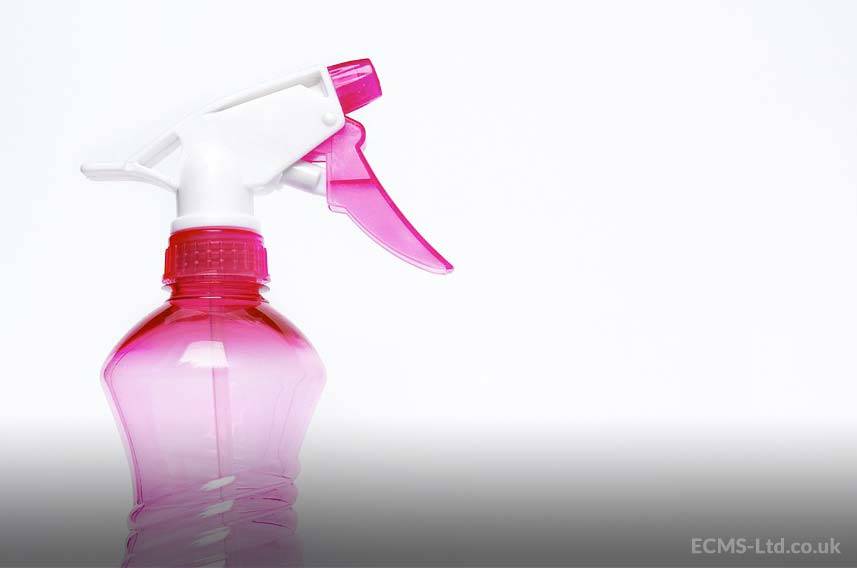
There is also the option of preparing your own disinfectants rather than buying them off the shelves – provided that any are still available in shops as panic buying struck in many countries.
Homemade disinfectants can indeed be prepared quite easily.
One of the most common and effective types of DIY disinfectants you can make is by simply mixing four teaspoons of bleach with a quart of water.
Pour into a spray bottle so as to better be able to apply it onto any surface you would like to disinfect.
Protective Gear
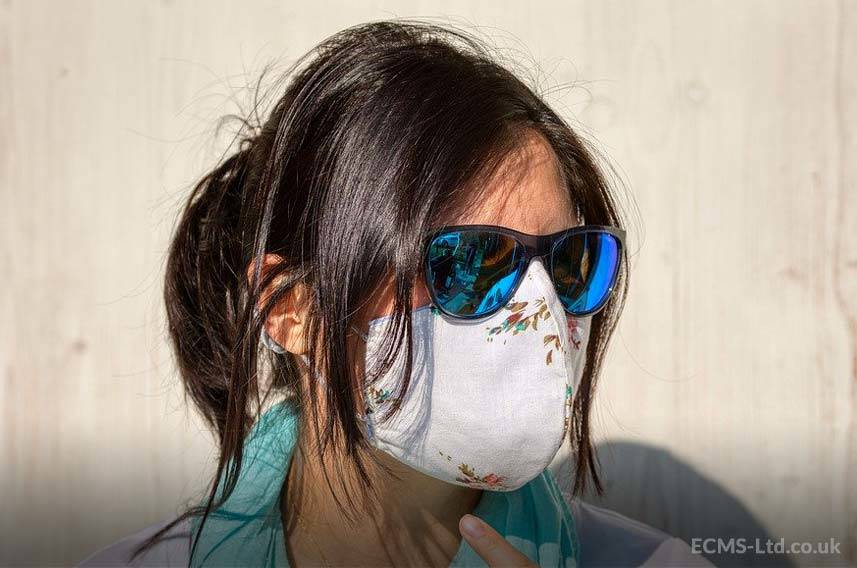
Personal protective equipment has become of great importance during these times. You should also wear it whilst cleaning.
The minimum PPE to be worn are disposable gloves and an apron. One should make sure to wash their hands thoroughly afterwards nonetheless.
If an area which is to be cleaned is known to have a high risk level of the virus, it is recommended that one also wears PPE that will protect the eyes, and a face mask for the covering up of the nose and mouth.
A commonly asked question is whether one should wear a face mask, especially when going out.
A cloth face mask can help to reduce the spread of the coronavirus, because simply talking to someone could transmit this virus due to respiratory droplets.
It is also a good idea to wear disposable gloves when one might be touching areas in public places.
Having said that, it is critical to make sure that any masks and gloves are properly disposed of afterwards.
Laundry
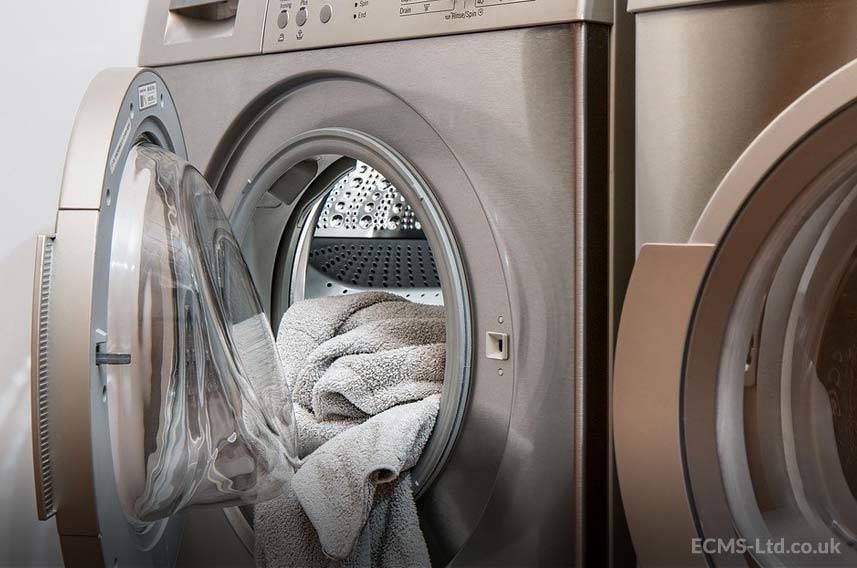
Any clothes that might have been in contact with a person who is infected with the coronavirus can still be washed normally in a washing machine, even with other people’s clothes.
It is however recommended to use a high temperature for the water, and ensure that the clothes are dried completely.
It is very important to not shake any dirty laundry so as not to disperse the virus.
Proper cleaning and disinfection of anything that was in contact with such laundry, such as the laundry bin, is also highly recommended.
Waste
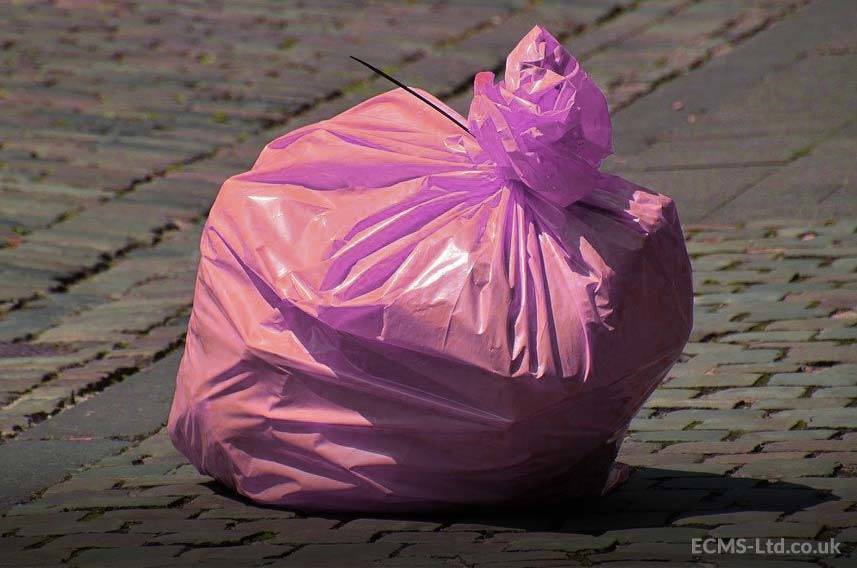
Any waste should be disposed of carefully.
Place in a plastic bag and tie it up well. Then place that bag into another plastic bag.
Waste should be stored safely until it is collected and especially if one might be infected.
Collection of infectious waste might need to be arranged to reduce minimise of risks.
Common Surfaces & Objects
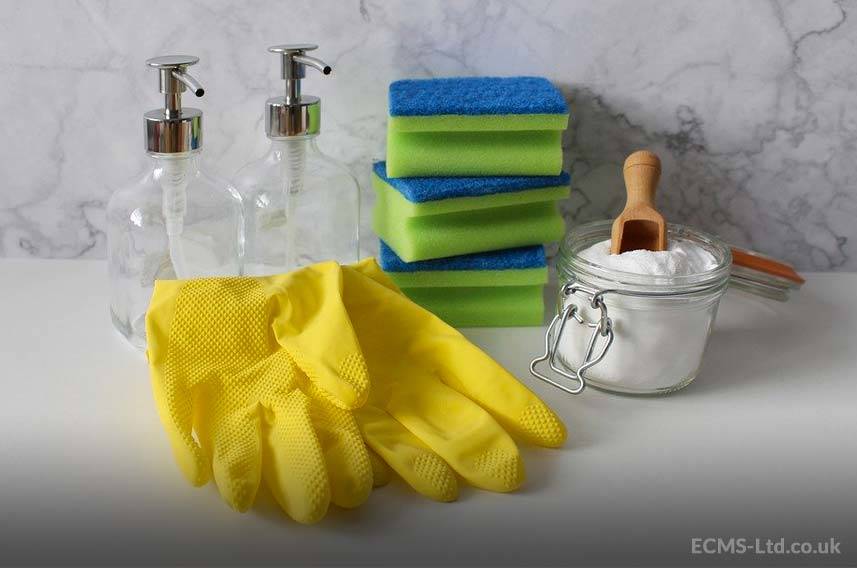
All high touch surface areas should be cleaned and disinfected daily.
These include table surfaces, kitchen and bathroom counters, doorknobs, light switches and faucets.
You should wipe such surfaces with a cloth rinsed in soapy water, and then apply a disinfectant, usually found in the form of a spray or wipes onto the surface areas.
Mail & Packages
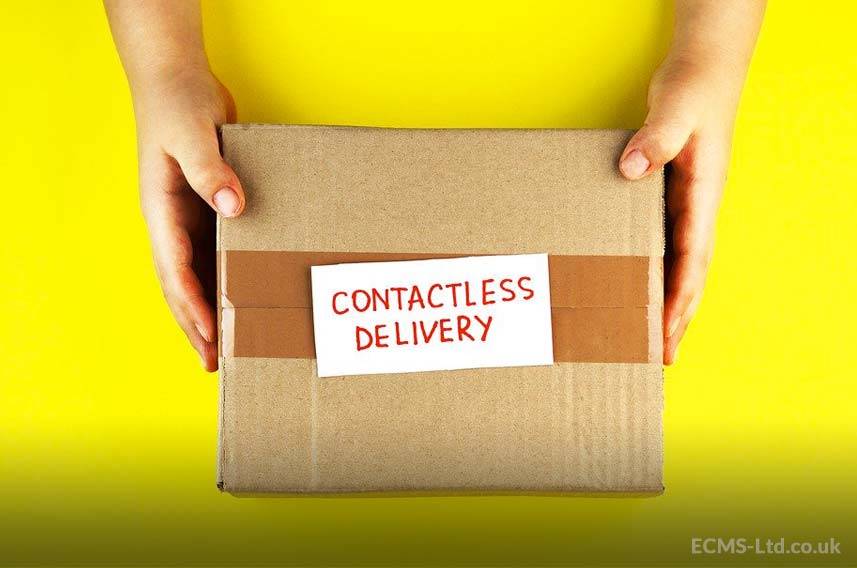
Mail and packages could also be contaminated, but they are relatively low risk in terms of transmitting the virus.
Nevertheless, it is best to wipe the package with a disinfecting wipe.
Computers & Devices
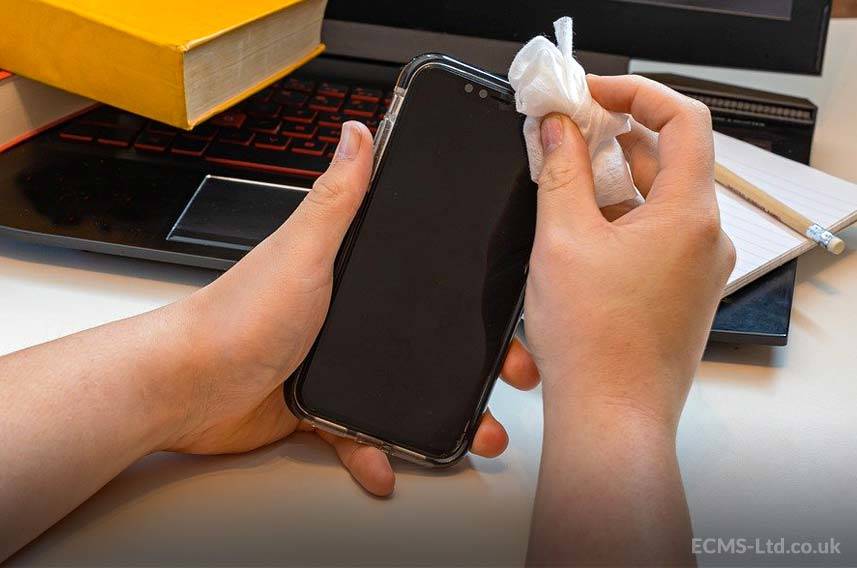
Computers, tablets and mobile phones also need to be disinfected to reduce risk of transmission.
This is because they are high touch surfaces.
Disinfecting wipes are probably the best way to disinfect your devices.
You can also use an alcohol solution with at least 70% content.
Remove any cases or covers so as to clean even underneath them.
Hire Professionals
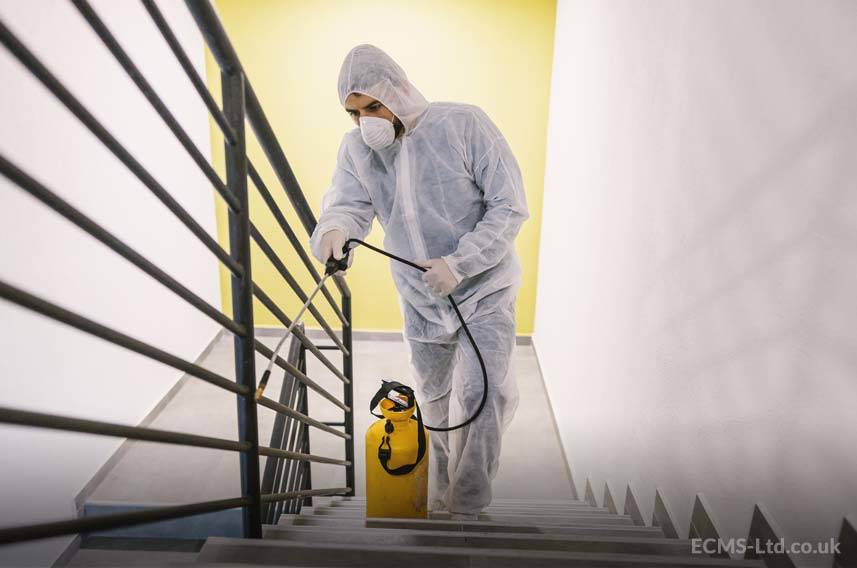
For cases where an active coronavirus case has been present, it is best to ensure that disinfection is carried out thoroughly.
In such cases, it’s recommended to hire a professional deep cleaning professional who can carry out a thorough sanitisation using specialist tools and disinfectants.
This will include virucidal fogging and powerful dry steam fogging procedures.
Conclusion
It is important to be cautious and careful in these times.
The coronavirus pandemic can only be fought if each and every one of us is responsible.
So bear the above mentioned cleaning and disinfection tips in mind, while staying home and safe as much as possible.
We’re in this together, and we need to do our best to get out of it together.


